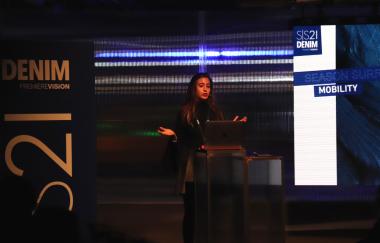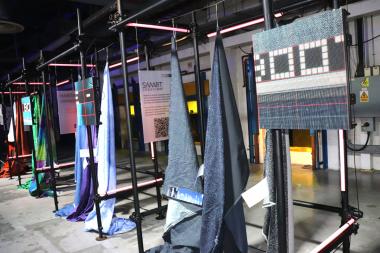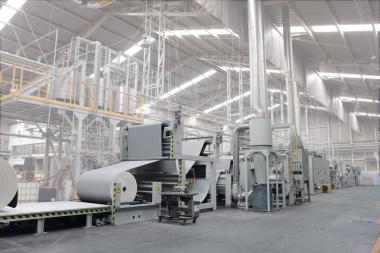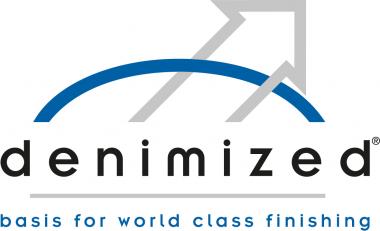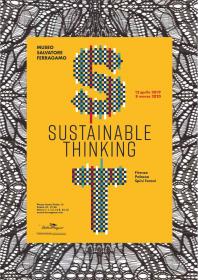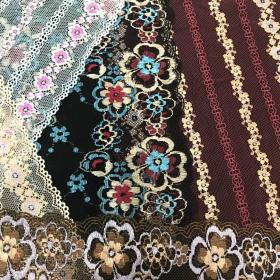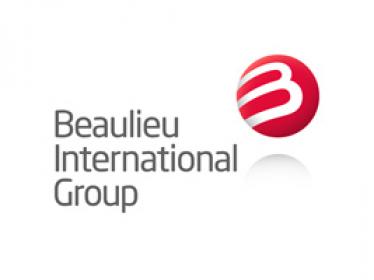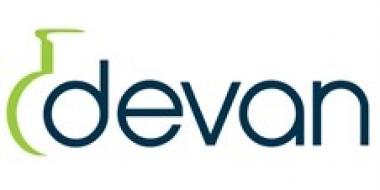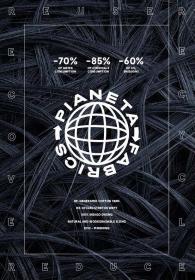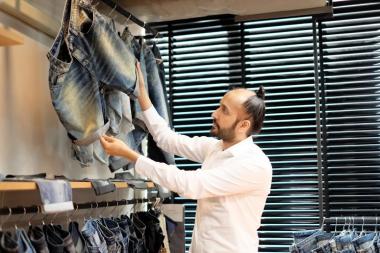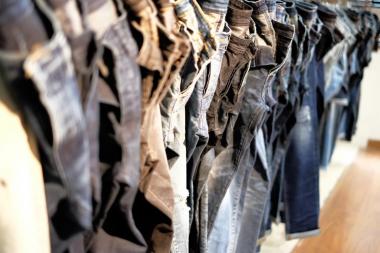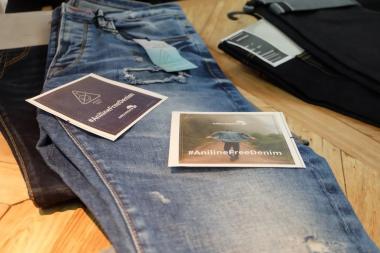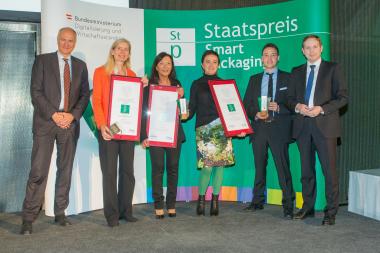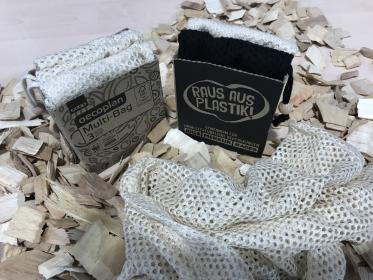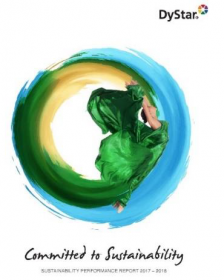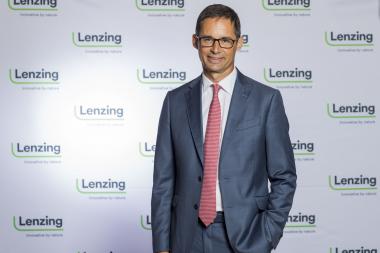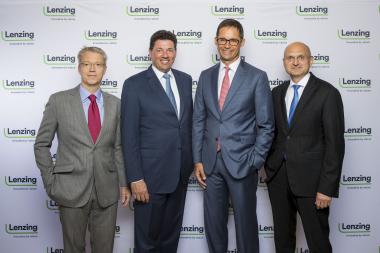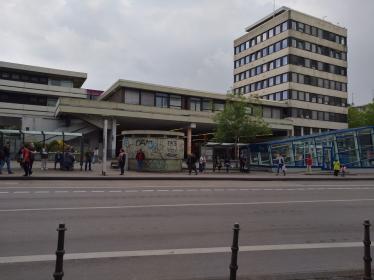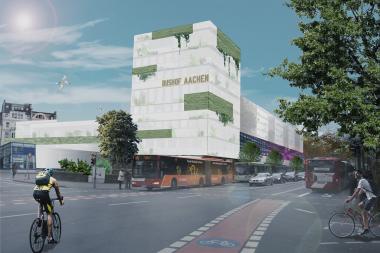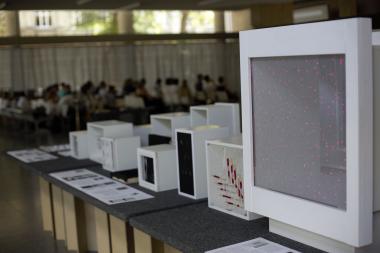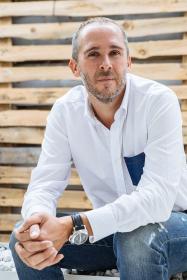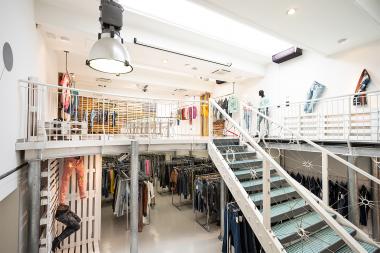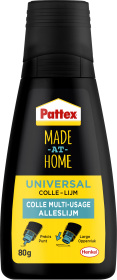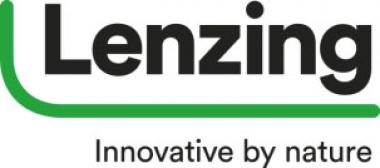Sateri Scores ‘A-‘ in CDP Climate Change Report 2019
Sateri has scored ‘A-‘ in CDP (formerly Carbon Disclosure Project) for Climate Change in 2019, placing it at Leadership band and the top 27% of companies in its sector, for implementing current best practices. And making Sateri World’s First Viscose Producer to Reach Leadership Band
This is the first time Sateri has participated in this annual voluntary reporting. It is also the first time that a viscose producer has reached Leadership band. Sateri attained an ‘A’ for more than half of the 11 categories that it was assessed for, including value chain engagement, Scope 1,2,3 emissions, and governance. Its ‘A-‘ overall score is higher than the ‘C’ average globally, in Asia, and in the Textiles and Fabric Goods sector; no companies in the same sector scored ‘A’.
Allen Zhang, President of Sateri, said, “We are very pleased to achieve such a commendable score on our first attempt at CDP reporting. It is a validation of our efforts and actions to combat climate change and our contribution towards decarbonising the textile industry. The CDP platform not only helps us measure and benchmark our sustainability performance against more than 8,400 companies globally, but also serves as a management tool for continuous improvement.”
Sateri has made great strides in the last year on emission reduction work. In June 2019, Sateri and the China National Textile and Apparel Council (CNTAC) jointly launched the EcoCosy® Climate Leadership Programme. The programme invites Sateri’s value chain partners to participate in the Climate Stewardship 2030 Initiative to set a decarbonisation pathway for the fashion industry to reduce the industry’s GHG emissions by 30% by 2030. Results of the first phase of the programme were published in the EcoCosy® Climate Leadership Whitepaper 2020, which was shared at COP25 in Madrid last year.






